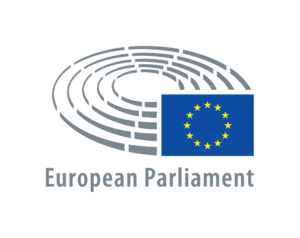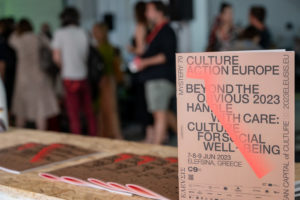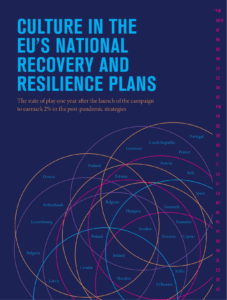 As part of the 2023-2026 EU Work Plan for Culture, the This Is How We Work platform on the status and working conditions of artists and cultural professionals has been launched. The creation of this knowledge resource is based on the work of the Open Method Coordination Group, which published its report with recommendations on the status and working conditions of artists and cultural and creative professionals last year.
As part of the 2023-2026 EU Work Plan for Culture, the This Is How We Work platform on the status and working conditions of artists and cultural professionals has been launched. The creation of this knowledge resource is based on the work of the Open Method Coordination Group, which published its report with recommendations on the status and working conditions of artists and cultural and creative professionals last year.
The platform is part of the Creatives Unite portal and gives access to status-quo snapshots on various aspects of artists’ working conditions in all 27 countries of the EU: regulatory status, social security, labour relations, learning and skills, and artistic freedom. For the first time, the conditions in up to three countries can be directly compared.
In the future the platform will host analytical pieces and case studies on the topic, produced with the help of its key per-country material and external contributions.

 Culture Action Europe has started a research project on the state of culture in Europe. The project aims to create a comprehensive snapshot of cultural policies in Europe, the evolution of the EU’s cultural actions in recent years, priorities of national and EU cultural policymakers, and new directions for advocacy and policy.
Culture Action Europe has started a research project on the state of culture in Europe. The project aims to create a comprehensive snapshot of cultural policies in Europe, the evolution of the EU’s cultural actions in recent years, priorities of national and EU cultural policymakers, and new directions for advocacy and policy. The EU Parliament has adopted the resolution of 21 November 2023 with recommendations to the Commission on an EU framework for the social and professional situation of artists and workers in the cultural and creative sectors (CCS).
The EU Parliament has adopted the resolution of 21 November 2023 with recommendations to the Commission on an EU framework for the social and professional situation of artists and workers in the cultural and creative sectors (CCS).
 The study was planned in the annual work program 2020 for the implementation of the program “Creative Europe” as a core element of the
The study was planned in the annual work program 2020 for the implementation of the program “Creative Europe” as a core element of the  14 countries out of 261 – 53% of the total – have included culture in their
14 countries out of 261 – 53% of the total – have included culture in their